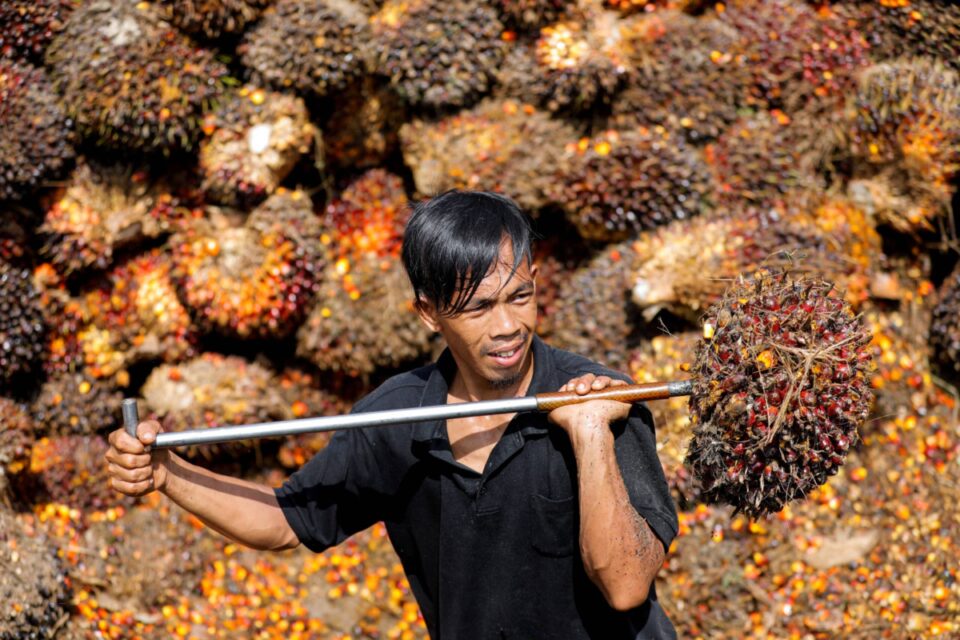KUALA LUMPUR, Sept 25 — The country’s palm oil industry is encouraged to explore and expand into niche markets to capture higher market value and targeted coverage.
Deputy Minister of Plantation and Commodities Siti Aminah Aching said Malaysian companies, therefore, are encouraged to export finished products as compared with palm oil commodities.
“Slow investment and growth in the downstream sector are among the challenges to palm oil downstream sector.
“The nation faces various obstacles to attract investment and technology to develop local palm oil downstream products,” he said when winding up the Dewan Negara special meeting to debate on the motion of the 12th Malaysia Plan (12MP) Mid-Term Review (MTR) today.
She said to accelerate the transition to high-value activities and seize opportunities in the circular economy, the government has formulated initiatives to expand the development of market-oriented products such as oleochemical and high-performance biofuels, food and functional ingredients.
Besides that, she said the government is also intensifying research and development (R&D) efforts to diversify high-value palm oil and palm kernel oil types, taking advantage of the circular economy approach to generate added value.
According to statistics from the Department of Statistics Malaysia (DoSM), a total of 3.78 million tonnes of crude palm oil (CPO) worth RM19.77 billion were exported in 2022 while the exports of other palm-based products, including processed palm oil, palm kernel oil (PKO), palm-based oleochemicals, other palm products and palm kernel cake (PKC), amounted to 22.75 million tonnes with a value of RM118.12 billion for the same period.
Furthermore, Siti Aminah said the government would continue its efforts to ensure the rubber industry thrives through impactful policies and programmes, including enhancing the overall sustainability of the rubber industry.
On the low rubber prices issue, she said the government would persistently assist smallholders affected by the fluctuating rubber prices in the market.
Therefore, she said the government would strive to increase the income of rubber smallholders and the country’s rubber production by implementing long-term strategies such as the Rubber Production Incentive (IPG), National Rubber Transformation Programme (TARGET) and Latex Production Incentive (IPL).
“As you may know, starting from Jan 1, 2023, the government has raised the IPG activation pricing level (APL) rate from RM2.50 to RM2.70.
“Until Aug 2023, IPG has benefited 217,705 rubber smallholders with a total payment of RM474.54 million,” she said.
She added that the IPG programme has been implemented since Sept 2015.
— Bernama





